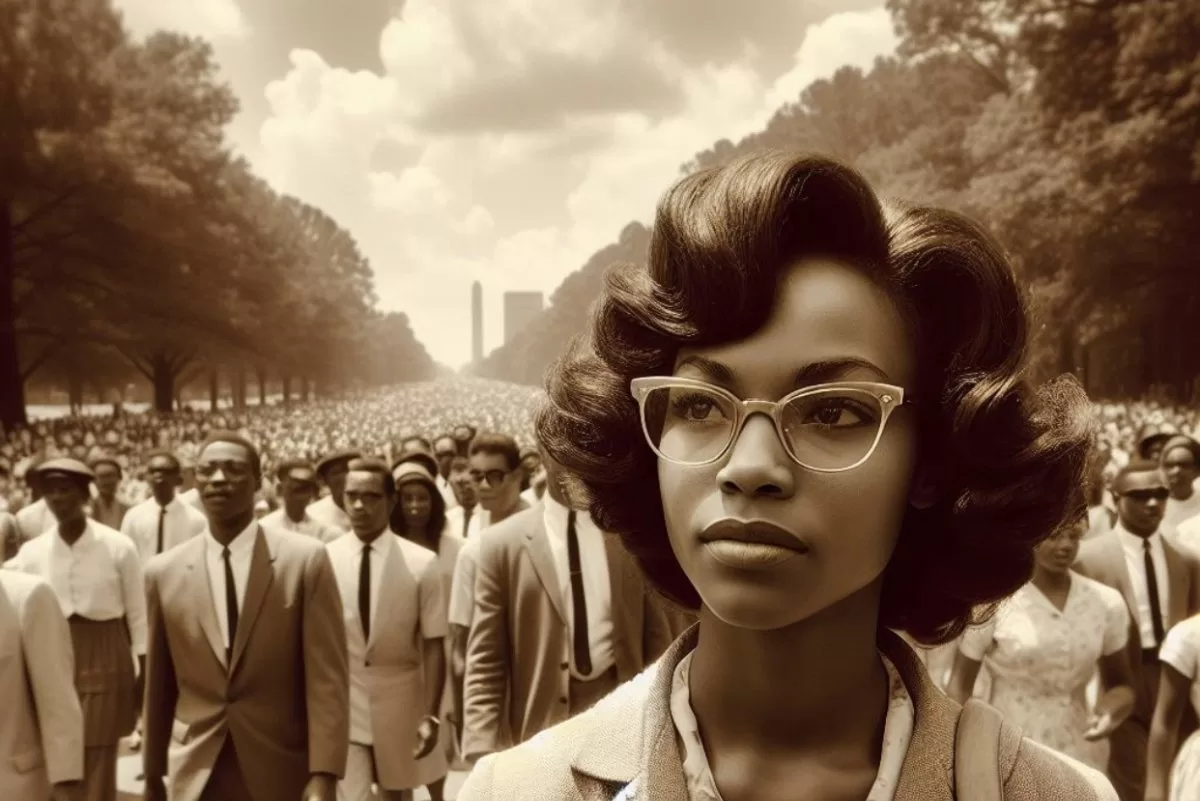New Orleans has a rich history with significant contributions from its African-American community, from scientists, doctors, actors, musicians and more.
African-Americans have contributed mightily to the Crescent City’s culture, music, cuisine, and overall identity. From the contributions of enslaved Africans and free people of color to the development of jazz and other musical genres, to the Civil Rights Movement and beyond, Black history is deeply intertwined with the history of New Orleans.
The city’s vibrant Black community has produced numerous influential figures in music, literature, politics, and activism, making it an important center of African American culture in the United States.
Congo Square

Located within Louis Armstrong Park, Congo Square was a gathering place for enslaved and free people of color, where African cultural traditions, including music and dance, were preserved and blended with European influences, laying the foundation for jazz and other musical genres.
Creole Culture
New Orleans is home to a unique Creole culture, which developed among the city’s mixed-race population. Creole cuisine, music, and architecture all bear the influence of African, Native American, and European traditions.
The Haitian Connection
After the Haitian Revolution in the early 19th century, many free people of color from Haiti fled to New Orleans, enriching the city’s culture and contributing to its vibrant Creole community.
Civil Rights Movement
New Orleans played a significant role in the Civil Rights Movement. The city was the site of several key events, including the 1960 New Orleans school desegregation crisis and the founding of the Southern Christian Leadership Conference by Dr. Martin Luther King Jr.
Notable Figures
New Orleans has been home to many notable Black figures, including jazz musicians like Louis Armstrong, Sidney Bechet, and Jelly Roll Morton, as well as civil rights leaders like A.P. Tureaud and Oretha Castle Haley.
Mardi Gras Indians
The Mardi Gras Indian tradition, where African American communities in New Orleans create elaborate costumes and parade through the streets during Mardi Gras, is a vibrant expression of cultural pride and heritage.
These are just a few examples of the rich Black history in New Orleans, which has contributed significantly to the city’s unique cultural identity.
Final Word
The black experience has defined a part of New Orleans’ culture for sure. from the innovation of jazz to the city’s diverse bar scene, from historic cocktail bars to trendy craft beer spots. listening to lie music is a popular nighttime activity, especially in areas like the French Quarter and the Warehouse District.









